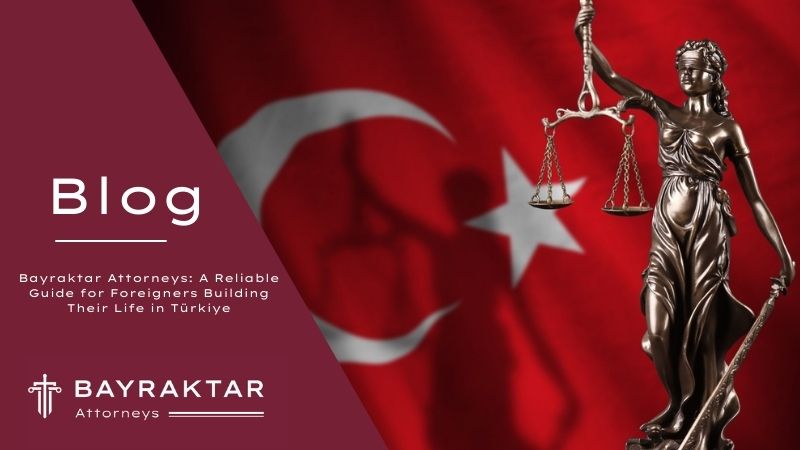
Understanding Instances When Muris Muvazaası (Inheritance Fraud) Claims Are Rejected in Turkish Law
In the intricacies of the Turkish legal system, the concept of muris muvazaası, or inheritance fraud, plays a crucial role in the protection of heirs’ rights. It refers to deceitful acts by the deceased (muris) before their death to alienate assets and deprive rightful heirs of their inheritance.
However, not all claims of muris muvazaası are straightforwardly accepted in courts. As an expert on Turkish legal matters here at Bayraktar Attorneys, we provide insights into instances where the courts reject muris muvazaası kabul olmayan haller, effectively indication where claims of inheritance fraud do not hold under scrutiny.
1. Insufficient Evidence of Deceptive Intent
The cornerstone of any muris muvazaası case rests on proving the decedent’s intent to defraud. Courts necessitate concrete and clear evidence that the deceased engaged in transactions specifically aimed at circumventing the rights of the heirs.
If the claimant fails to present rigorous proof or if the transactions seem to bear genuine, legitimate reasons unrelated to inheritance concerns, the court will not acknowledge muris muvazaası. Documentation, witness testimony, and patterns in the deceased’s behavior are vital to establishing this ill intent before the law.
2. Legitimate Transactions and Rights of Third Parties
When transactions carried out by the deceased are legally binding and involve bona fide third parties, claims of muris muvazaası often face rejection. If a third party acquires property from the deceased through lawful means, without the knowledge of any deceit and in good faith, their rights are typically upheld by the court.
The protection of such third parties is key to ensuring trust and stability in legal transactions, which could be undermined by unfounded claims of inheritance fraud.
3. Statute of Limitations
The time frame within which a muris muvazaası claim can be initiated is also a determining factor for the acceptance of such claims. Turkish law prescribes a specific duration post the questionable transaction or from the time the heir becomes aware of the fraud for the lawsuit to be filed.
Missing this critical window sets the stage for a claim to be denied, emphasizing the importance of timely legal action when suspecting a case of inheritance fraud.
4. Complex Family Relationships and Interpretations
Interpreting familial relationships and the deceased’s intentions can be complex, leading to muris muvazaası claims being refused.
When inheritances involve intricate family dynamics or legal constructions such as trusts or foundations, the court may determine that the transaction was not an act of fraud but rather a nuanced distribution of assets in line with the deceased’s estate planning strategies.
The subjective nature of interpreting personal relationships often complicates the establishment of fraudulent intent.
5. Failure to Challenge the Initial Transaction
Lastly, if the heirs did not contest the asset transfer when it initially occurred, especially if they appeared to acquiesce to the transactions or benefited from them, it might be difficult to later argue that the acts constituted muris muvazaası.
An initial lack of objection can be seen as acceptance, thereby weakening any subsequent claim of fraud. It is crucial for potential heirs to be vigilant and assert their rights promptly to avoid such rejections.
At Bayraktar Attorneys, understanding the nuances of Turkish law, especially concerning inheritance rights and claims of muris muvazaası, is pivotal for the equitable administration of justice.
While claims of inheritance fraud are treated with the seriousness they deserve, knowing the situations that lead to the repudiation of such claims can empower individuals to better navigate the complexities of inheritance disputes. Knowledge is power, and, in this case, it could make all the difference in protecting one’s inheritance rights.
If you’re facing complexities in inheritance matters, including concerns about muris muvazaası, don’t hesitate to reach out to Bayraktar Attorneys. Our expert legal team specializes in navigating Turkish inheritance law and can provide you with personalized guidance and representation tailored to your specific situation.
Whether you’re contesting a claim, defending against allegations, or seeking to understand your rights, we’re here to assist you every step of the way. Contact us today to schedule a consultation and ensure your inheritance rights are protected.







